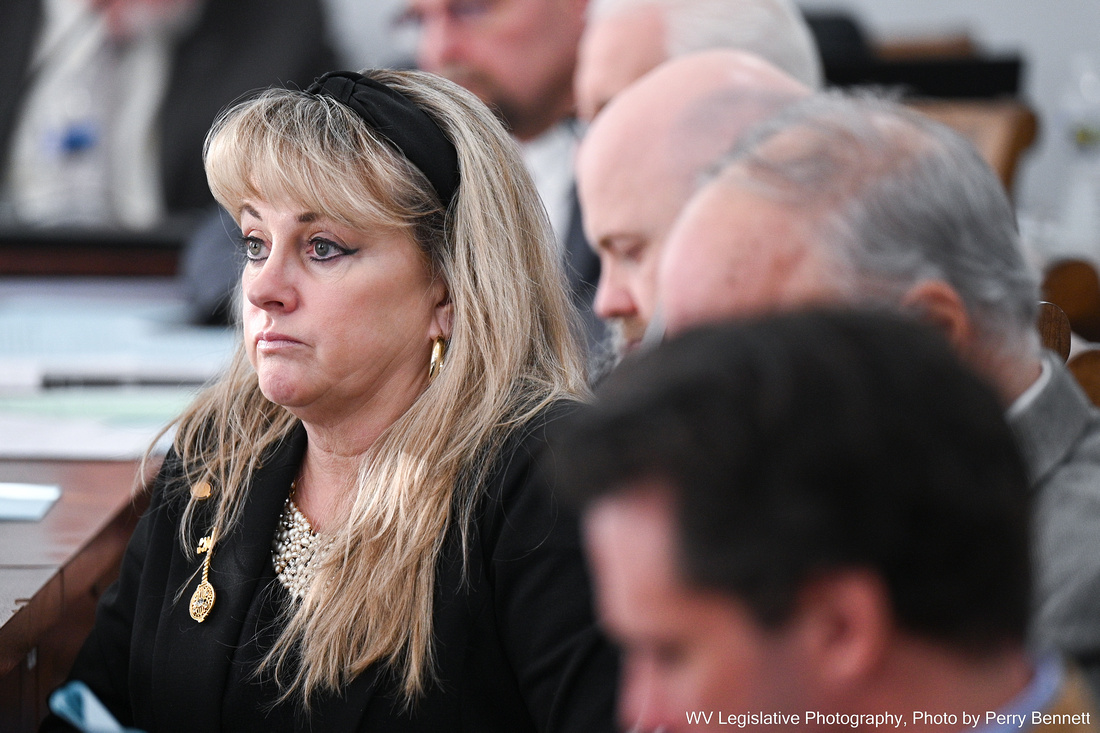Teachers could soon be authorized to carry firearms in West Virginia classrooms, provided that they complete state-mandated training.
The House Judiciary Committee reviewed House Bill 4299 on Wednesday. The bill would create a position in schools known as a school protection officer.
The position would be a secondary role available to any school administrator, support personnel or elementary or secondary school teacher. These individuals would have to complete security and firearm safety training and could then receive authorization to bring a gun to school.
The bill received majority support from committee members, but only after more than an hour of impassioned debate.
Proponents of the bill said it would provide immediate support to school staff when students face the risk of an active shooter.
Under the bill, “we won’t have teachers, as in one instance, laying her body over top of her students,” said Del. Laura Kimble, R-Harrison, who sponsored the bill.
“Instead, she will have something to defend herself,” she said. “That’s why I’m a sponsor of this bill.”
Kimble also said it reaffirmed the state’s concealed carry law, which allows residents over age 21 to carry a firearm in public without a license.
Currently, West Virginia residents including teachers are prohibited from bringing guns onto school property, regardless of whether they have a permit for it.
Under the bill, teachers would be required to keep their firearm within their “personal control while that firearm or device is on school property.”
Critics of the bill, however, expressed doubts that increasing the number of guns in West Virginia schools would reduce gun-related injuries or deaths.
Del. Evan Hansen, D-Monongalia, noted that the bill would create a new armed position in addition to other armed roles like prevention resource officers and school resource officers.
He added that another pending bill, House Bill 4851, would allow school security officers to carry firearms on school property.
“So, there’ll be four different types of people with guns in the schools?” he asked.
Del. Shawn Fluharty, D-Ohio, expressed concern over a potential limit on training for school protection officers in the bill. The text of the bill states that school protection officers must complete “initial instruction and training that shall not exceed 24 hours.”
Also during the meeting, Del. Geoff Foster, R-Putnam, proposed an amendment to the bill that would have required school districts to designate an eligible school employee to serve as a school protection officer.
Counsel and committee members expressed concern that this would contradict the voluntary nature of the position, as established under the bill. Ultimately, Foster withdrew his amendment.
After extensive debate, a majority of committee members voted in favor of the bill, sending it to the House floor with the recommendation that it pass.
